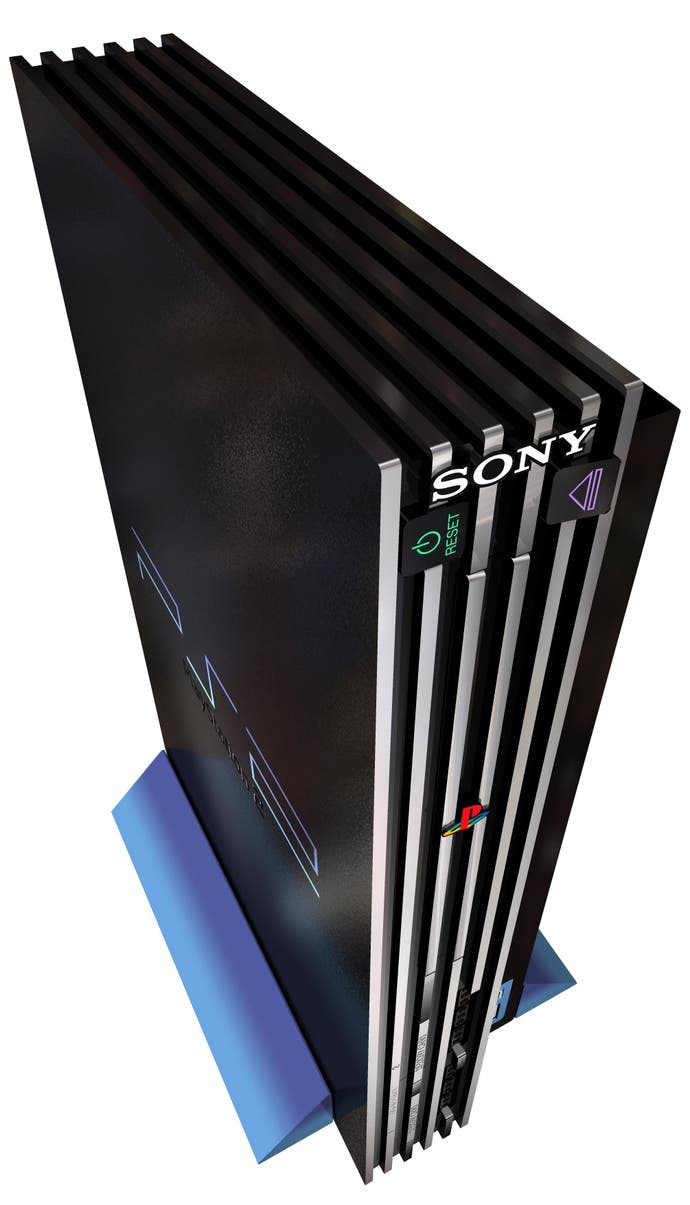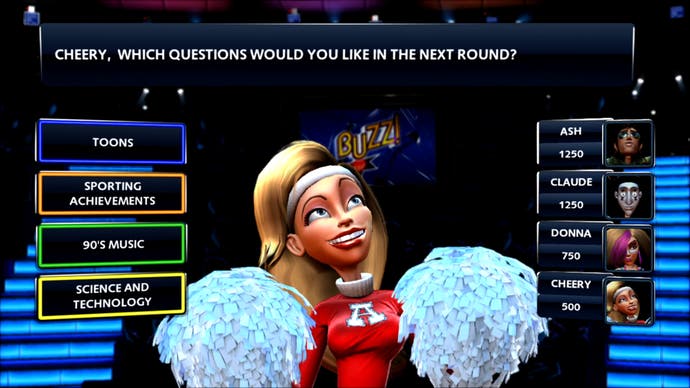Sony's Kaz Hirai
More from PlayStation's new dad.
Last week we published five questions we put to the boss of Microsoft's Xbox business, Don Mattrick, and his counterpart at Sony, Kaz Hirai, and their responses. On the Sony side, it all came from GamesIndustry.biz editor Phil Elliott's interview with Hirai, which was published there in full on Tuesday.
Eurogamer wasn't able to speak directly to Hirai at E3 (although we did speak to David Reeves, boss of Sony's European games business), but we thought you'd be interested in the rest of Hirai's responses from that interview - on the subject of the PS2-to-PS3 transition, backwards compatibility, motion controllers and PlayStation Home - so we snipped it all out and prepared it for you to check out today.
Bear in mind that there's a little overlap with the Mattrick vs. Hirai feature, and that you can read a full transcript on GamesIndustry.biz. Thanks to our colleagues there for letting us pinch their stuff!
I think that the beauty there is that transition can be done when the consumers feel that it's the right time to do so - because PS2 is still a console that, nine years into it and 130 million units later, is still going strong. So we talked about a ten-year lifecycle, but it doesn't mean that we end after ten years.
If somebody bought a PS2 today, for example, it doesn't mean that in twelve months they've got to migrate over to PS3. That console's going to be here for another while, so it's really at the consumers' time-line - as opposed to a time-line that we dictate - which I think is more or less what the industry has gone through with all the other consoles, but for the PlayStation platforms.
I think that's a huge difference, and therefore the transition of the PS2 consumers ultimately to the PS3 is very important, but again - that can be done at the consumers' choice of when, as opposed to something that we dictate. I think that's a huge difference in your messaging to your consumers.

Well I think that ultimately since we know that most PS2 consumers will transition over to the PS3, number one - that's not something that we look at in fiscal year terms, and number two - quite honestly a lot of people ask me if we make money on the PS2 hardware - well we make money on the PS2 hardware, and we have some good tie ratios, so it's not an all-or-nothing proposition. The PS2 business is very profitable for us, so consumers that stay with the PS2 this year, if they transition over next year, that's fantastic for us.
And ultimately, when you look back, a PS2 consumer that just came into that fold today - and if they then transition to the PS3 - we've done business with them on the PS2 and the related software, and then on the PS3 and that related software, as opposed to them just coming to PS3. So I think we can have it both ways, have our cake and eat it too.
I think the PS2 users, especially those that come into the PS2 at this point in time, enjoy the console with the PS2 software. It's been well-documented that compatibility between the PS2 and PS3 is no longer there, it was a conscious decision to move over, but it's not like the PS2 suddenly stops working as soon as somebody buys a PS3.
So it means that if they want to play their PS2 games they'll keep their PS2, and then play the PS3 games and do all the other fun stuff you can do, on the PS3.
I think we would approach it from the other way around, to basically say that whether it's a first party game, or a third party game, for the user to really enjoy the experience the controller we already have doesn't really do the job - and so we need a controller that look like this, and does X, Y and Z - then let's go ahead and make sure that we have something like that so the gameplay can be enhanced.
We'd approach it from the software entertainment side.
Exactly, or even the microphone for SingStar, or whatever it is. It didn't come from "Okay, let's do a microphone, what can we do?" We wanted to do that game, so we needed a microphone, so we come at it from the other way around.
If ultimately, whether it's a fishing game or whatever it is, if that's something we need for the PS3 we'll do it - but it's not a question of Nintendo having this Wii controller, so let's go ahead and do something that's similar.

This isn't something we suddenly decided to do on a whim - we've always looked at a wide variety of controllers. Some are perhaps smaller in terms of a market size, in which case we'll look for a third party to come up with a specific game, specific controller.
Other times we'll see there's something that's got a big enough market, and do it ourselves. So we look at a variety of things, we've done that in the past and right now we're doing the same as well.
Well I would put it the other way around - because we got so much buzz, had we launched it before we thought it was the right time and the right features and functionality to launch it - with the high anticipation, people would go there in droves the first time around, they would check it out and say, "This isn't fun at all, so I'm not coming back again."
The other scenario, at least if I had a choice, that I'd like to go down - which is the path we're doing - okay, we've been dinged, I've been personally dinged many times, but if I know we're doing it for the right reasons and that once we launch the service this Fall it's going to be something that the consumers once they go there see that it's actually going to be a fun service, that to me is a lot better than doing it the other way around.
I've said this on many occasions, and right now we're aiming for a fall open beta programme, but no beta should be opened before its time, and it's important enough of an initiative for the platform and for SCE, that we don't want to prematurely launch it and then be dinged for having a bad service.
Right, and quite honestly I don't want to diminish the importance of software titles, but this is a platform initiative which means that we need to be extra careful that we've crossed all the 't's and dotted all the 'i's.
Kaz Hirai is the president and group CEO of Sony Computer Entertainment. Interview by Phil Elliott.

